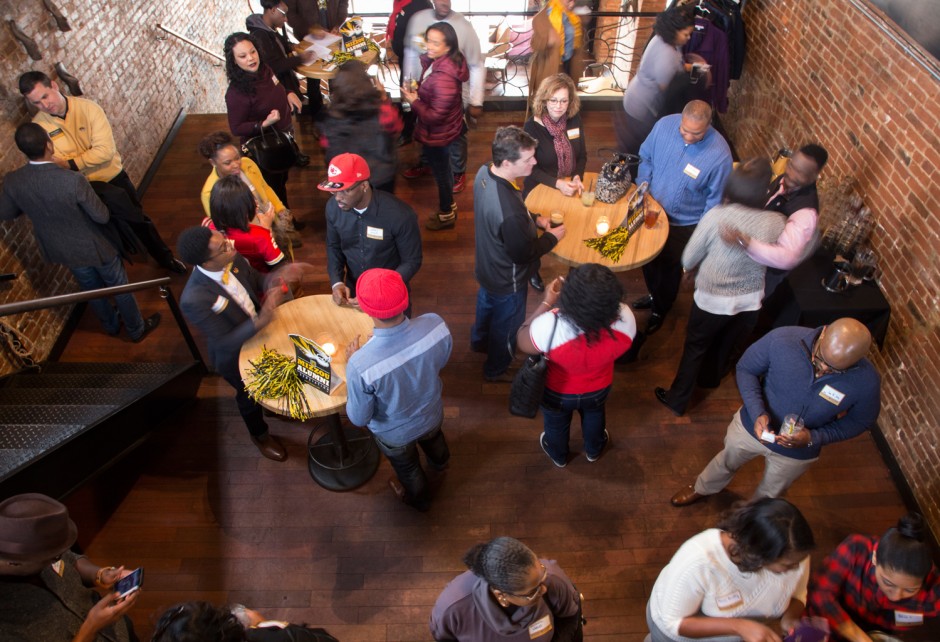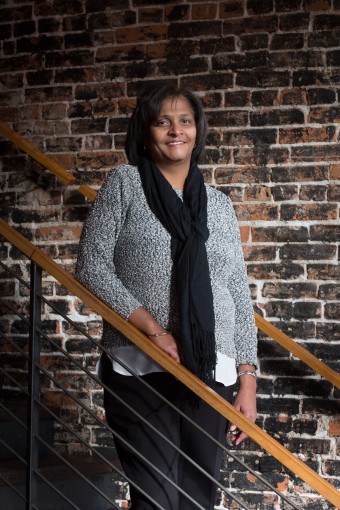

In the wake of recent MU student protests regarding race and other issues, a grassroots movement of alumni has revived, re-energized and renamed the sometimes-dormant black alumni organization, which has been part of the Mizzou Alumni Association since 1979.
But this new incarnation, the Mizzou Black Alumni Network, or MBAN, had its beginnings a year earlier, in Twitter conversations that included Erika Harrison, BA ’08, JD ’11, an equal opportunity services specialist at the˚ University of Houston. “A group of us who were friends on Twitter had all gone to MU at various times. One of us said, ‘Why not have a black alumni group like at other universities?’ but we didn’t follow up.”
In October 2015, one member of the Twitter group noticed a welcome-home banner on campus featuring images of only white alumni, Harrison says. “Somebody remarked that the banner wasn’t very inclusive,” and talks were started with the association about reinvigorating the black alumni affinity group.
A few weeks later, as national news media were covering campus protests, the Twitter group members drafted a letter supporting the students and proposing to launch MBAN. The letter went out over social media and, “A thousand people signed on in 24 hours. We were like, whoa!” Harrison says. Now the Black Alumni Network is busy writing bylaws, choosing leaders and hosting kickoff events.
Another volunteer leader, Andrea Allison-Putman, BS BA ’85, treasurer of the association’s governing board and a member of the second of three generations of her family to attend Mizzou. As chief personnel officer for the YMCA in Kansas City, she has seen employers nationwide launch similar interest groups. “It’s a way to celebrate commonalities or help overcome obstacles,” she says, comparing the network to alumni affinity groups for veterans, women and former student-athletes. It’s not about being separate, she says. “All these groups funnel into to the larger association, hopefully improve membership and get involved more broadly. If you want to be part of the solution,” she says, “you need to get involved.”
Register with the Black Alumni Network »



